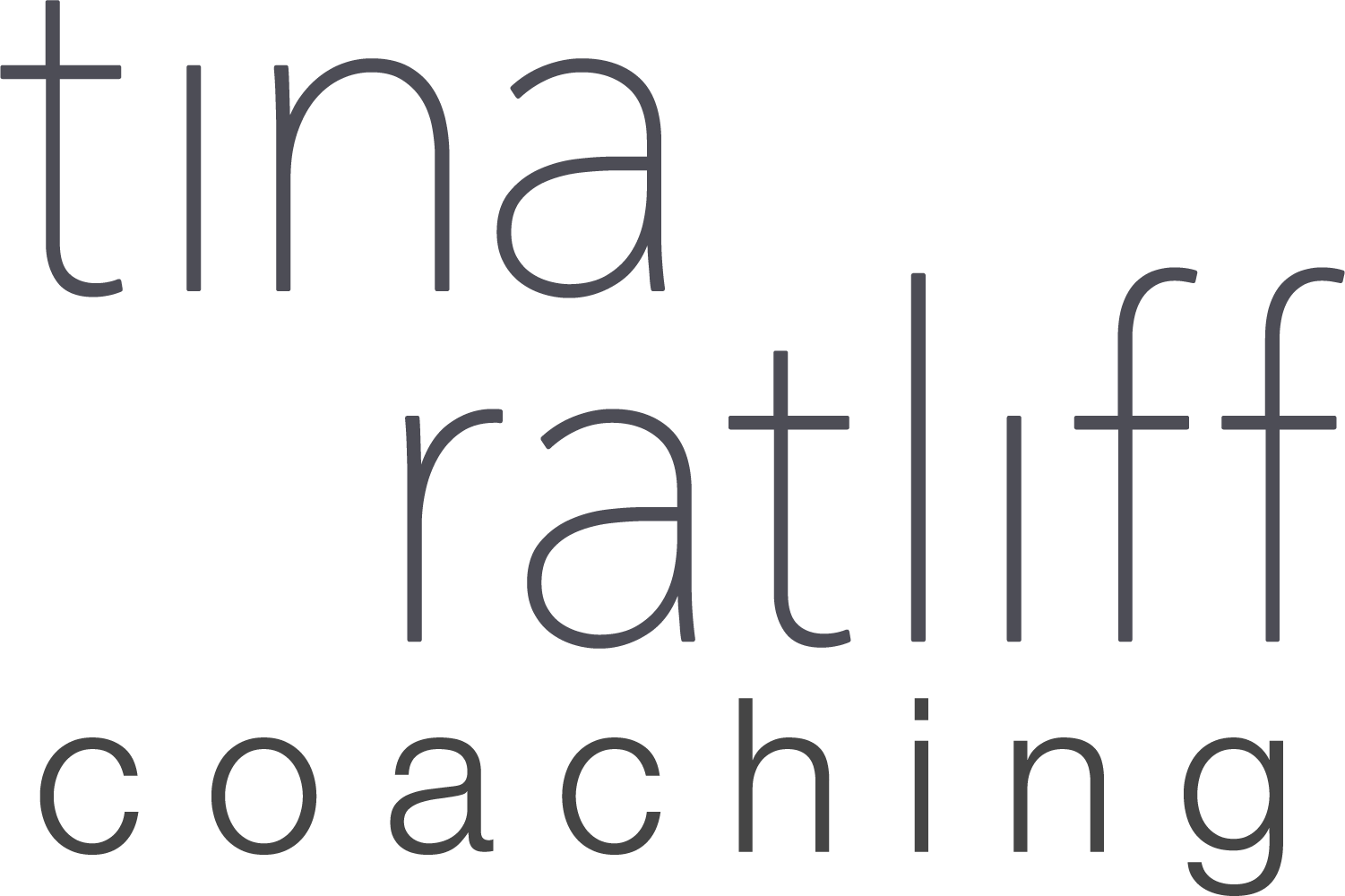Hello friends,
As we step into this week, I want to share a thought on growth and connection.
We’ve all had moments where we react more strongly than the situation calls for. I know I have! A comment stings, a tone of voice feels sharp, or someone pulls away—and suddenly our chest tightens, our pulse quickens, and before we even think, we’re fighting, shutting down, or scrambling to smooth things over so everyone feels better.
This is our Adaptive Child at work. These knee-jerk reactions, often unnoticed, are survival strategies our younger selves once needed. They are woven deeply into the fabric of how we show up. For varying reasons, our developing selves felt we had to stay small to avoid chaos, or fix everyone else’s tension. Or maybe we learned to hide or lash out as a way to create a sense of safety—when really it was only a shelter made of paper walls.
The patterns we became accustomed to keep us stuck. Our automatic reactions—fight, flight, or fix—get in the way of connection, thriving, and living the life we truly desire.
Do you notice the fight, flight, or fix tendency in your behavior sometimes? I do. And the fact that we notice is very good news indeed—because noticing is the first step toward change.
Instead of letting our history run the show, when we pause, pay attention to what’s happening inside us, and choose something different, it’s called relational mindfulness.
Next time you’re triggered into a fight, flight, or fix reaction, ask yourself:
-
What’s my go-to stance when I get triggered?
-
Where did I learn this behavior?
-
What story am I still telling myself when I am triggered?
This simple pause opens the door to growth. When we reflect on the past experiences that shaped these reactions and process our hurts with safe, trusted people, the brain literally begins to re-file those memories. They move from the reactive, survival-driven part of the brain into the calmer, wiser part—where we can respond with clarity, compassion, and wisdom instead of knee-jerk reactivity.
In short:
-
Unprocessed pain keeps us on high alert.
-
Processed pain frees us to live with openness and choice.
The work of growth—whether in marriage, friendships, or leadership—isn’t one big leap. It’s made of small, moment-to-moment choices: Will I react from my past, or pause and choose something new?
This week, just notice.
Notice when your old survival strategies show up—whether it’s shutting down, bracing for conflict, or scrambling to fix. Notice how automatic it feels, and where you sense it in your body first. Then pause long enough to ask: Is this my Adaptive Child reacting, or is there space here to choose something new?
That pause—that moment of choice—is relational mindfulness.
And for extra credit: don’t keep it to yourself. Share what you’re noticing with a safe, trusted person. We were never meant to do this growth journey alone. Real change takes root in these kinds of beautiful, connected moments.
P.S.
If this stirs something in you and you’d like to practice these skills in a supportive cohort, I have new Growth Groups beginning in January (openings are available now).
I’m also hosting a Marriage Workshop on Wednesday evenings in October here in my Santa Cruz home. This will be an intentional space for couples to build tools and strengthen their connection. We begin with Relational Mindfulness—the very first and foundational skill we practice together. I’d love for you to join us.

